
The influence of online learning education has grown significantly in recent years. In the 21st century, online education has become a part of every school and educational platform.
Today, in the digital era, online schooling is considered better than traditional schooling and will continue to pose many advantages over the conventional means of education moving forward.
The online education system is one of the most advantageous education systems for students and opens up many opportunities for young students.
One of the primary reasons it is preferred by students worldwide, even in a recession, is that they can attend classes without the need to travel far, thus helping them save on high commuting costs.
However, many students may feel overwhelmed by the quick transition from a traditional classroom to an online education school.
In this article, we will look at how students can adapt to the new teaching practices to ensure they are ready for online learning education.
Practices to Adapt to the Immediate Shift to Online Education
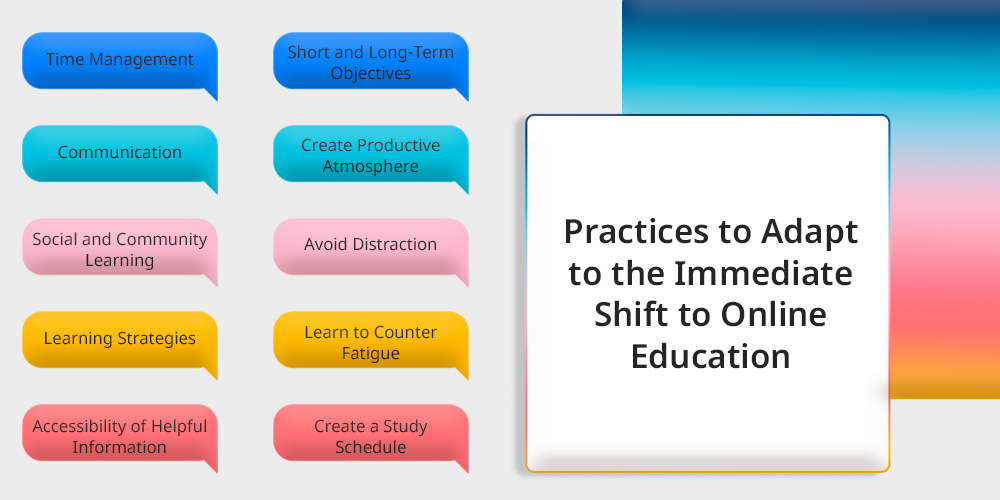
Adapting to online education has become a new trend. It offers students unique and improved learning methods, flexibility in scheduling and access to various resources that were not possible in traditional classroom environments.
E-learning has become an essential part of kids of the 21st century to meet the current requirements of educational system.
The transition to online homeschooling education also presents new challenges for many students. The following practices will help students adapt to the immediate transition to online education schools–
1) Time Management
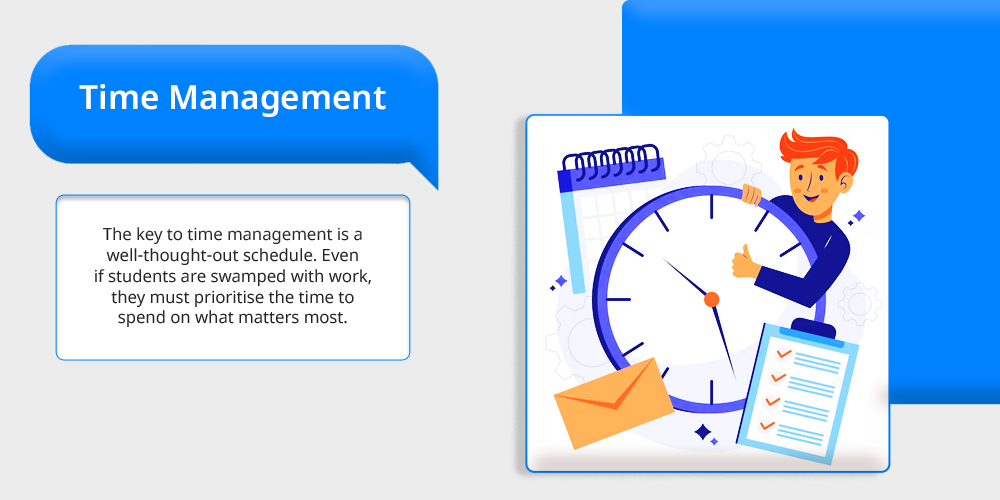
Time management is critical when it comes to successfully pursuing online education schools.
The key to time management is a well-thought-out schedule. Even if students are swamped with work, they must prioritise the time to spend on what matters most.
This includes achieving important goals, focusing on high-value activities, and saving time by planning and prioritising tasks.
A student should be sure to plan for and manage the time to complete the coursework and practice for exams.
This may mean giving themselves designated times for studying and other activities, such as revising or logging in on forums and discussion boards.
2) Communication

Communication also plays a significant role in the success of online learning education. Contact with an instructor is essential for this type of teaching environment.
It will help a student understand more about the topic being taught, communicate issues and queries they have promptly, and develop a better understanding of the material.
A teacher needs to know about a student’s concerns, learn about the areas for improvement and provide helpful feedback.
Collaborative, interactive forums and group discussions will also help students interact with their classmates, instructors, and fellow students to improve their understanding and perform better in online education schools.
3) Social and Community Learning
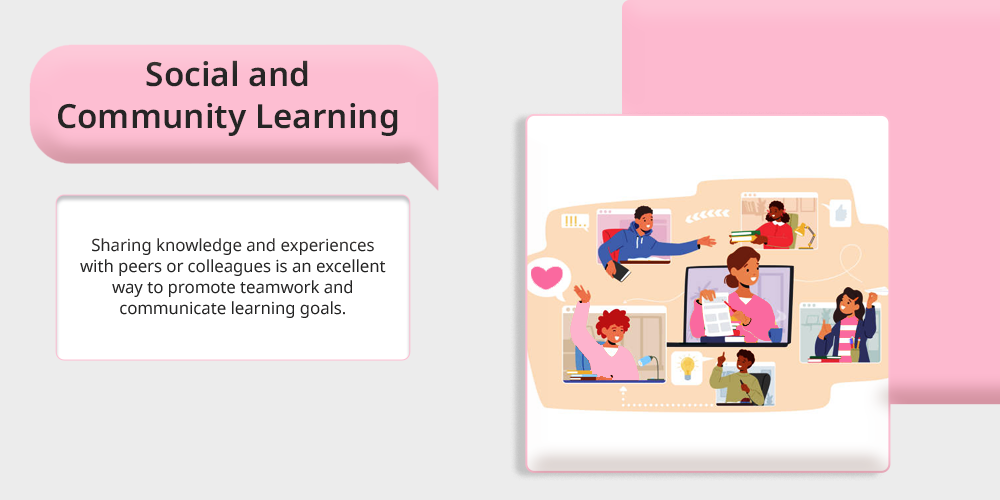
When traditional classrooms are replaced with online education schools, social and community learning is yet another best practice to adopt. It has been utilised extensively in the teaching area for many years.
Interacting with fellow students and instructors is crucial to maintaining an online teaching environment. Sharing knowledge and experiences with peers or colleagues is an excellent way to promote teamwork and communicate learning goals.
4) Learning Strategies
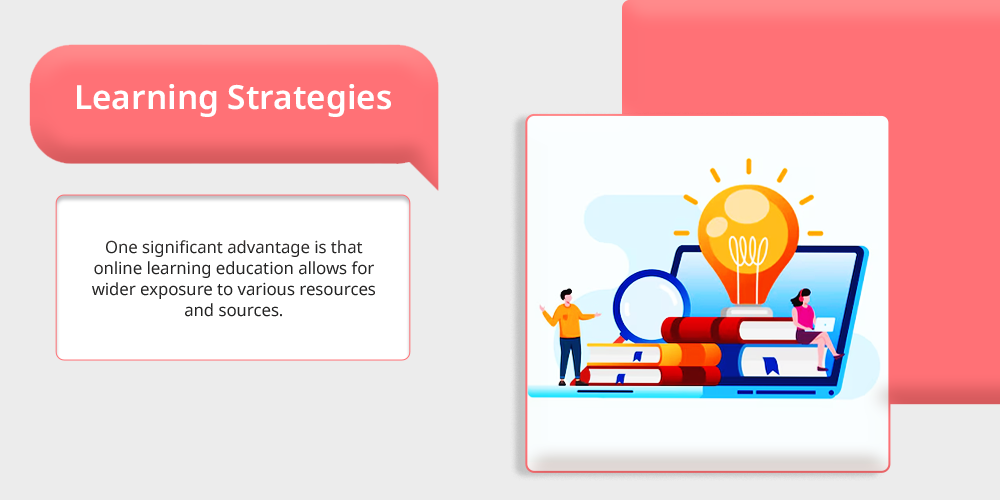
Learning strategies will be one of the most important things to get right if a student wants to adapt to the immediate shift to online education schools.
Learning strategies can be employed to help a student develop their learning style. The apparent benefit of online education is the numerous opportunities available for a student to learn.
One significant advantage is that online learning education allows for wider exposure to various resources and sources.
For instance, using several different methods, such as reading a book , watching a movie, or talking with a teacher, can provide new perspectives on an aspect of a topic.
The internet allows one to find better resources faster than ever before. This can lead to more development of childs problem solving skills , knowledge gained from other courses, and so on.
5) Accessibility of Helpful Information
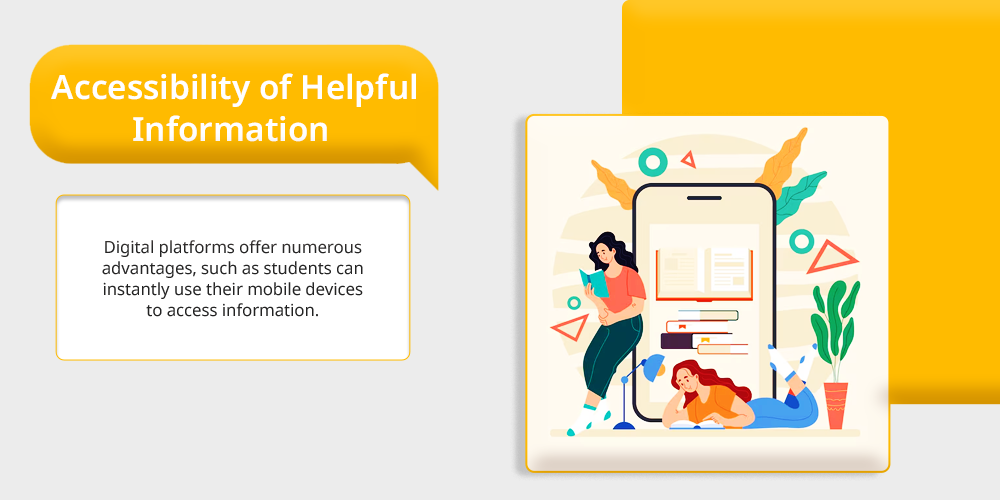
The digital world is rapidly evolving, and there is no doubt that the education system is adapting to it.
Digital platforms offer numerous advantages, such as students can instantly use their mobile devices to access information.
Accessibility to useful information is vital when working with the latest developments in online education. The best approach to guarantee that all course-related information is available is to use a digital teaching platform.
It is the best way to ensure a great online education experience. Many online education schools have online accessibility functions that provide all course-related information easily accessible whenever needed.
As a consequence, students will have rapid access to the data and resources of their university as well as immediate contact with the teachers via their devices.
6) Short and Long-Term Objectives
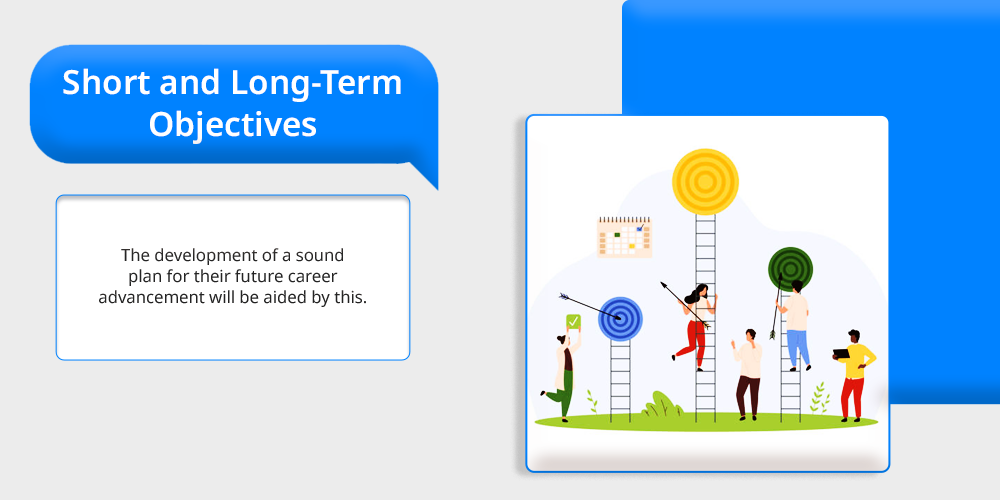
Due to the nature of online education, students can start immediately. Reaching specific goals and objectives is equally as crucial as learning new things. These are noticeable outcomes of learning online.
Any project that receives enough attention can succeed. Students can see where they’re going alter their course and achieve results when they have goals.
In order to assess whether they were successful in achieving their objectives students must be cognizant of their achievements.
The development of a sound plan for their future career advancement will be aided by this. When discussing online courses it can be challenging to know where to begin and what to do next.
7) Create Productive Atmosphere
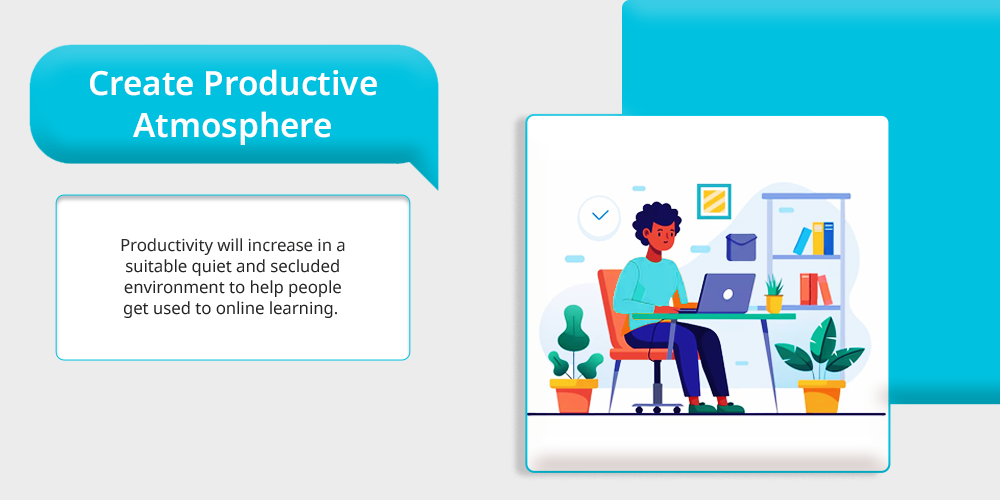
To increase the output of online classes always create a productive environment. Productivity will increase in a suitable quiet and secluded environment to help people get used to online learning.
Because different places will provide different opportunities for motivation and productivity it is important to adapt to changes in the level of comfort associated with online learning.
8) Avoid Distraction
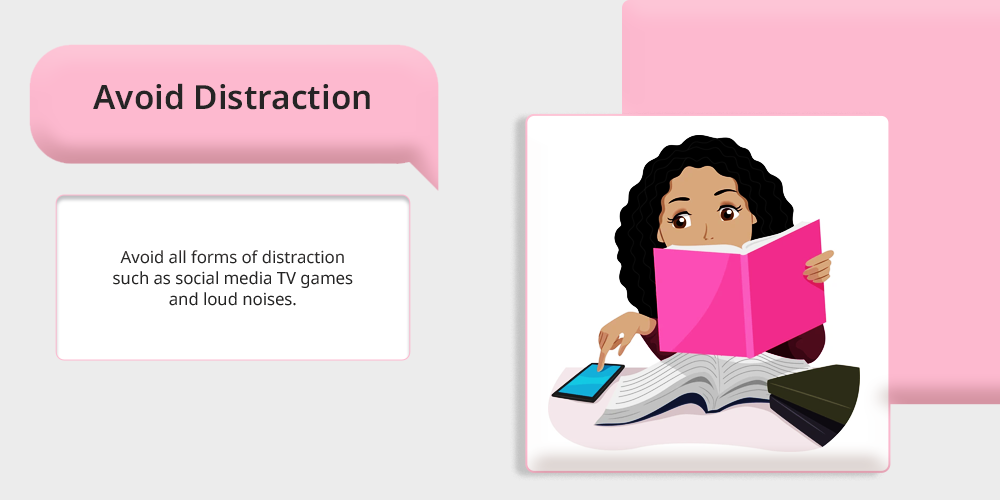
Distraction is one of the primary reasons for challenges in online learning. Avoid all forms of distraction such as social media TV games and loud noises.
Avoiding distractions which can be far more challenging at home than in conventional, classroom settings is one of the most challenging aspects of online learning. Online learning needs to be modified for better outcomes.
9) Learn to Counter Fatigue

The energy required to attend virtual classes is excessive. Even though the content is engaging taking virtual classes can be physically and mentally exhausting especially if you have multiple classes to attend in a short amount of time.
Taking short breaks and doing some light exercise are essential for staying energized.
10) Create a Study Schedule
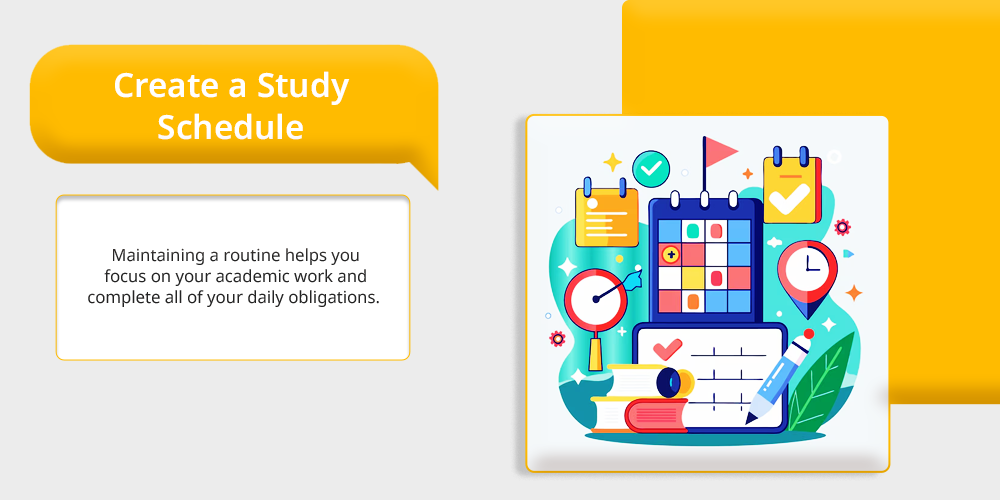
Making a study plan will help you get used to learning online. Maintaining a routine helps you focus on your academic work and complete all of your daily obligations.
An organized study schedule will help you get used to the online environment when taking classes. Organize your time to align with your study and work schedules.
Conclusion
Students in the twenty-first century face both opportunities and challenges as a result of the shift to online learning.
Embracing online learning can result in increased flexibility accessibility and a multitude of resources that were previously unavailable in traditional classroom settings especially as the digital landscape continues to evolve.
Teachers can successfully navigate this new paradigm in education by creating a productive learning environment and utilizing useful strategies like time management and open communication.
Additionally, the online learning experience can be greatly enhanced by establishing clear short- and long-term goals avoiding distractions and learning fatigue management techniques.
Students who adjust to these changes improve academically and acquire useful skills that will help them in their future employment.
Being proactive and open to trying new things is ultimately what it takes to succeed in an online learning environment. Students can maximize, online learning and set themselves up for a fruitful and satisfying academic career by practising self-management.
